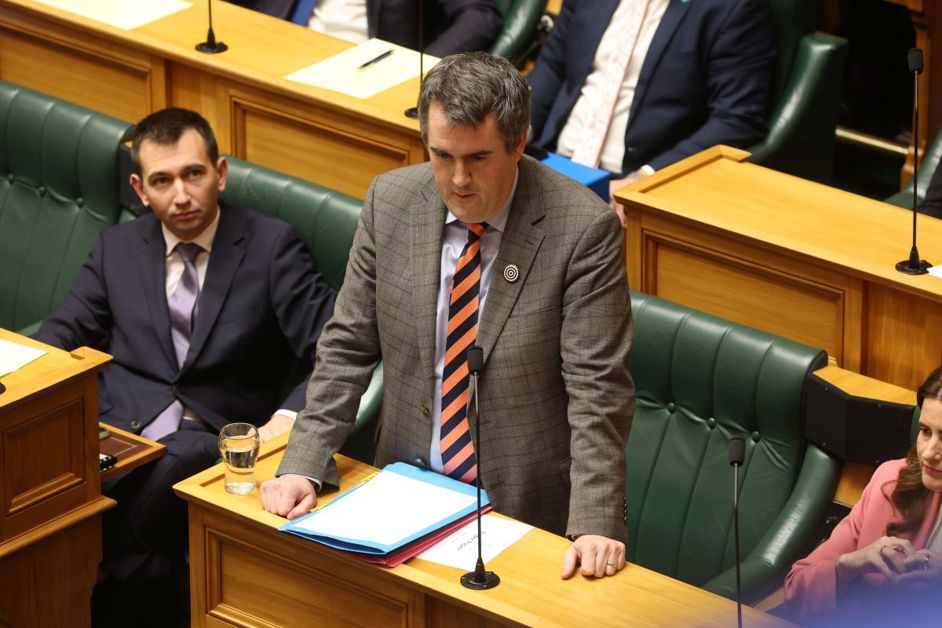- More changes for Clean Vehicle Standard coming.
- Importers will be able to trade used-vehicle credits for new.
- CO2 targets to be set without the crrent weight-adjustment formula.
The New Zealand Government plans to reconfigure the Clean Vehicle Standard (again), to offer importers more flexibility with credits and remove the weight-adjusted emissions formula.

The Standard was launched in 2023 to accompany the Clean Car Discount (introduced in April 2022). The Discount was a "feebate" scheme that gave consumers Government-funded discounts if they purchased efficient vehicles, but applied fines for higher-emitting machines (the idea being that the fines funded the discounts). It was discontinued at the end of 2023.
The Standard is aimed at the car importation industry, requiring it to keep within a steadily declining emissions limit for the vehicles it brings into the country; there are substantial fines for companies if they fail to meet the targets.
While the Standard is industry-specific, it affects consumers as there is an expectation that fines will be passed onto buyers in the form of higher vehicle prices.

The Standard was made less stringent in 2024, when it was brought into line with Australian regulations. At the time, then-Transport Minister Simeon Brown acknowledged that the emissions requirements were too low and out of step with other countries.
Now, with the first reading of the "Land Transport (Clean Vehicle Standard) Amendment Bill (No 2)" this month, current Transport Minister Chris Bishop is proposing further changes to ease the rules. These include more scope for importers to trade credits with each other and the removal of the weight adjustment from the emissions formula.
Changes to Clean Vehicle credit trading
"We are making it more flexible for car importers to achieve their targets so less costs are passed onto Kiwis buying cars," says Bishop. “The Government will allow credits to be transferred between used vehicle importers and new vehicle importers. To reflect the greater fuel saving potential of new vehicles over their lifetime, importers will need two credits earned on used vehicles to offset a charge on a new vehicle.
“We are also extending the lifespan of credits from three years to four. To allow importers to respond to the market, they will be able to offset their charges from one year by supplying and selling more low emission vehicles the following year if conditions improve."
Clean Vehicle weight adjustment to be be removed
Bishop says the Government is also removing the weight adjustment from the Clean Vehicle Standard formula. Currently, individual vehicles are evaluated against the current emissions target according to their weight: heavier vehicles are given some dispensation, while lighter vehicles are required to make even greater improvements.
The weight adjustment was originally something of a reality check, acknowledging the extreme popularity of heavy, high-emitting vehicles such as diesel utes (which would not be able to meet a flat target); Government proposals at the time acknowleged it was ostensibly unfair to small vehicles that were already fuel efficient, but the scheme was intended to be used in tandem with the separate Clean Car Discount, which rewarded buyers of economical vehicles against a flat target. That scheme is no longer in place.
“Finally, we are enabling CO2 targets to be set that are not adjusted by vehicle weight," says Bishop. "The relationship between vehicle weight and emissions is breaking down. It used to be that heavier cars would often have higher emissions but as more hybrids and EVs have entered the market that is no longer the default assumption. A weight-based approach was only designed to be temporary."
The weight adjustment has long been a pain-point for brands that sell small, fuel-efficient vehicles, because there's much less scope to improve their emissions to meet the more stringent target.
“These improvements to the Standard will give importers more flexibility in how and when they comply with the targets," says Bishop. "Flexibility is critical given importers have little control over market factors such as supply and demand conditions.
“Overall, the improvements will support importers to bring in vehicles that are more fuel efficient and cheaper for Kiwis to run.”




